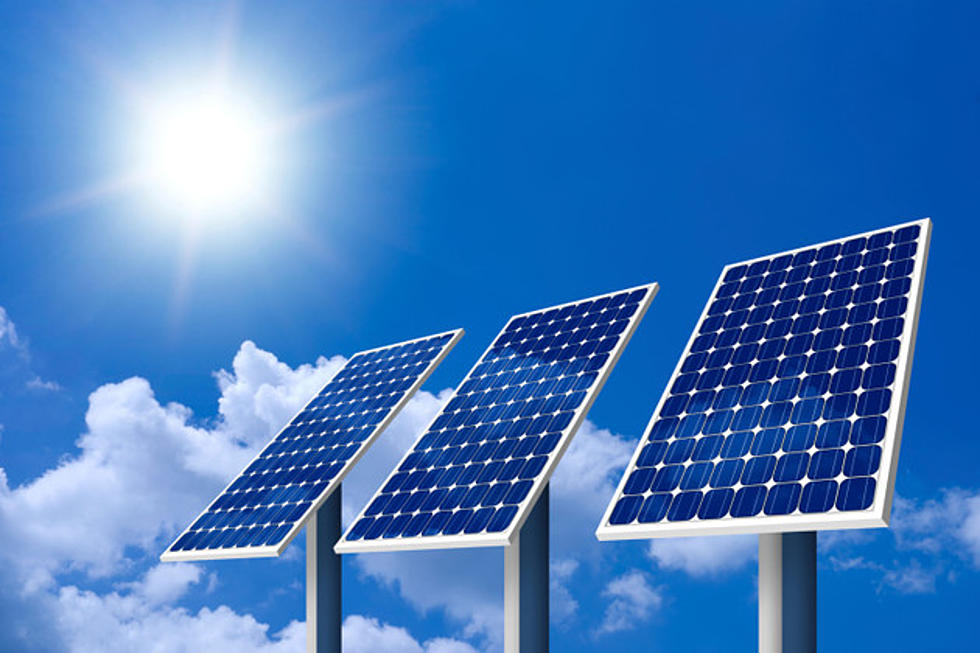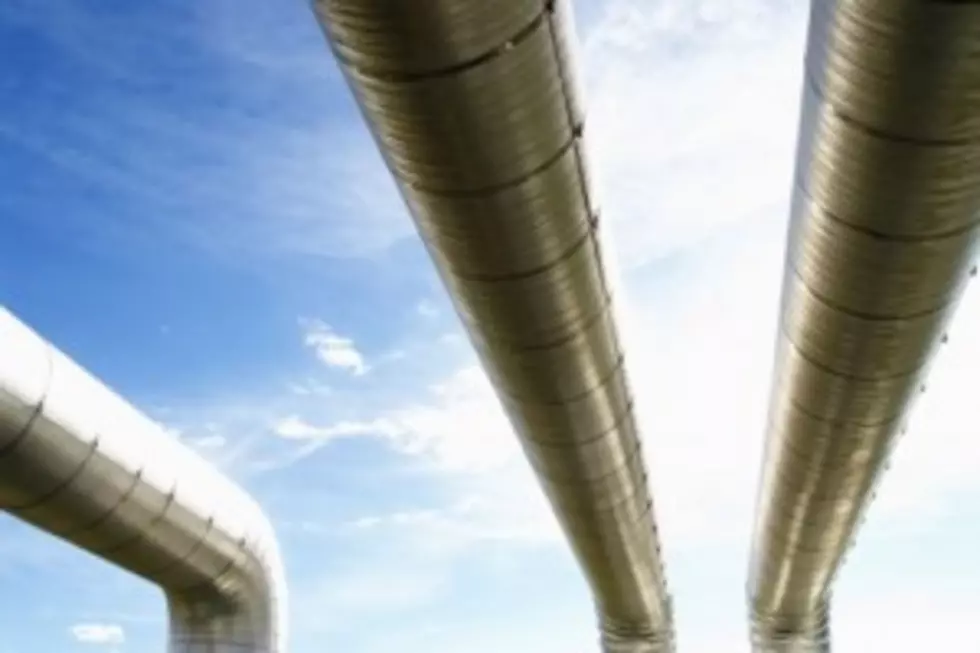
Off-shore wind energy projects could be further delayed in NJ
The New Jersey Board of Public Utilities (BPU) does not have a key regulation in place necessary to allowing the development of off-shore wind energy projects to move forward, according to an attorney specializing in the field.
Lawyer Henry R. King, a Partner with Reed Smith, pointed out that when the BPU approved a law several years ago in New Jersey for wind farm projects, it failed to provide a regulation specifying how wind farms will paid for the energy they produce.
"To finance a project, which obviously they need to build it, the lenders and investors will need to know what the revenue will be to the project," said King.
Not having the regulation in place could hinder projects from actually happening when the Federal government awards leases to wind energy developers on November 9th.
"Off shore wind is so new and so different that there really is no established program," King said.
King explained the law New Jersey has in place provides an off shore renewable energy certificate, which is a credit for a unit of electricity produced.
"And it's similar to solar, which gets a renewable energy credit, but essentially, what will they be paid for the electricity they produce? It's going to be more expensive than a traditional power plant," said King.
He pointed out a wind project can't be built with the assumption it will be sold based on the market value.
"But the idea is that, these are huge projects and should attract other industry and jobs, and really the test in New Jersey is, is there a net economic benefit," King said. He added, "Because it's more expensive will we attract industry and shipping and port improvements, and other things that are needed that will balance out the higher electricity cost, and could we create and industry here in New Jersey that overall will be a benefit."
Two pieces of land next to each other that are up for lease in New Jersey stretch east of Cape May and north of the middle of Long Beach Island, according to King. He estimated it would cost at least $1 billion to build each project.
"You'll have some economies of scale, and I think some of the criticism of Fisherman's Energy is: it's a really small project and it's probably going to be more expensive per unit than these larger projects," said King.
Once a lease is secured, investors and owners have to develop plans to build the wind project, which King noted takes money and effort.
"And until you get the reimbursement mechanism, people are reluctant to spend a whole lot of money because they don't know where it's going, so it's really very risky," said King. He added, "And I think these leases to the Federal government, they're probably going to get less money because the interest will be lower. Who's going to spend a lot of money to develop a project that may ultimately just be blocked?"
King predicted developers and owners that secure leases for off shore wind projects will sit on them until the reimbursement mechanism is put in place.
More From 92.7 WOBM









